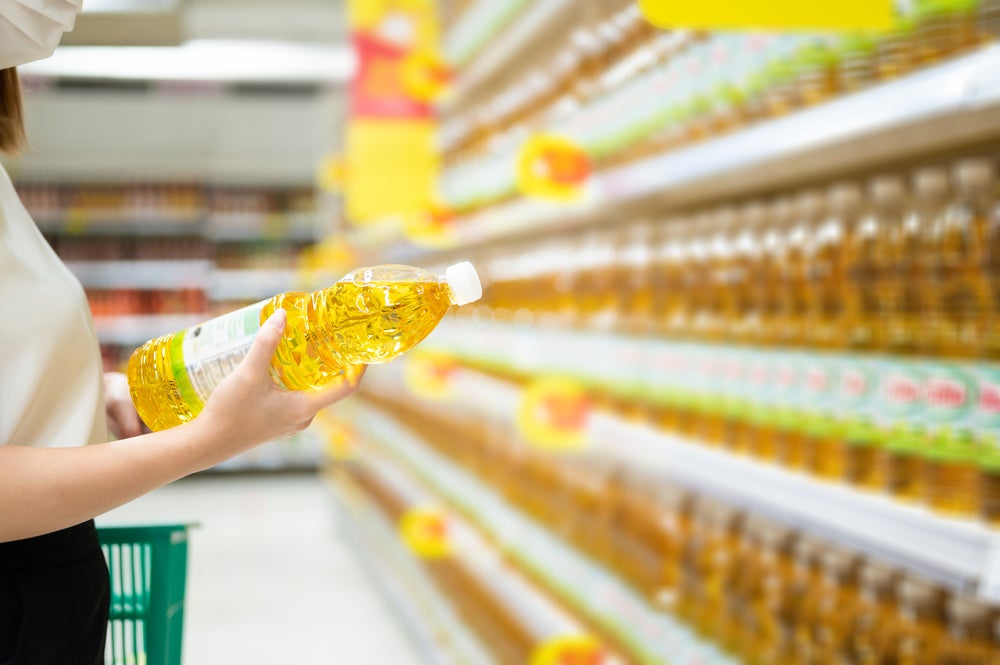
Australia-based brand Moro has launched its olive oil product in its new ‘Eco Bottle’, which is made completely from recycled plastic and is also fully recyclable, along with the label and cap.
The product has been developed with a vision to reduce plastic waste ending up in landfills and is well-timed against the backdrop of an ever-increasing global population and with it, greater consumption.
The oil has been launched in two variants – Primero Extra Virgin and Tradicional, both in the Eco Bottle. While the former is presented as a medium-intensity, fruity olive oil suited for more for cooking and salads, the latter has been designed for everyday cooking. The bottle features modern aesthetics, with the lightweight material and grip design offering a firm and convenient way to handle the bottle.
Moro’s Eco Bottles are available in all supermarkets and delis across Australia and are estimated to cost A$30. The 2.2-litre versions are made from 100% recycled polyethylene terephthalate and are wholly recyclable.
The bottles will be produced with less energy than that normally required for conventional packaging materials, release lower amounts of greenhouse gases, and reduce unwanted plastic lingering in the environment.
All of these initiatives are crucial for a circular economy, wherein the life cycle of materials is extended for the longest time possible through persistent recycling. In addition, these responsible actions would go a long way in mitigating global issues such as climate change.
The Recycling and Waste Reduction Act came into effect in 2020 in Australia, the key objective of which was to encourage a circular economy of products through three means: voluntary, co-regulatory, and mandatory.
However, a review by the Australian Packaging Covenant Organisation showed that only 18% of plastic packaging is currently recycled in the country as a result of voluntary industry action, necessitating stricter laws.
Therefore, new mandates were agreed upon by the Australian government in mid-2023 regarding packaging design, which would be subject to strict national rules to conform with international best practices from that point onwards.
According to the new regulations, all harmful chemicals are to be eliminated from packaging, a move that would further encourage the use of only recycled materials in packaging.
See Also:
The government would also go on to introduce other measures, including scheduled kerbside pickups and traceability programmes for recycled content to give businesses more incentive to use recycled materials.
While the new regulations are supported by industry giants such as Coca-Cola and Nestlé, smaller companies such as Moro are standing up to the challenge and doing their part to achieve the country’s 2025 goal of having 100% of its domestically produced packaging to be reusable, recyclable, or compostable.
How well do you really know your competitors?
Access the most comprehensive Company Profiles on the market, powered by GlobalData. Save hours of research. Gain competitive edge.

Thank you!
Your download email will arrive shortly
Not ready to buy yet? Download a free sample
We are confident about the unique quality of our Company Profiles. However, we want you to make the most beneficial decision for your business, so we offer a free sample that you can download by submitting the below form
By GlobalDataReports
Deposit Return Schemes (DRS) – Trend Overview, Consumer Insight and Strategies
The launch of the new Eco Bottle complies with these governmental mandates alongside the company’s own Corporate Social Responsibility policies. Moro aims to achieve 100% recyclable packaging or packaging made with 100% recycled materials for all its products by 2027 or earlier.
Developments of this nature would also appeal to 79% of consumers on the continent who stated in a survey that recyclable packaging is an essential or preferable feature when they decide to make a purchase.





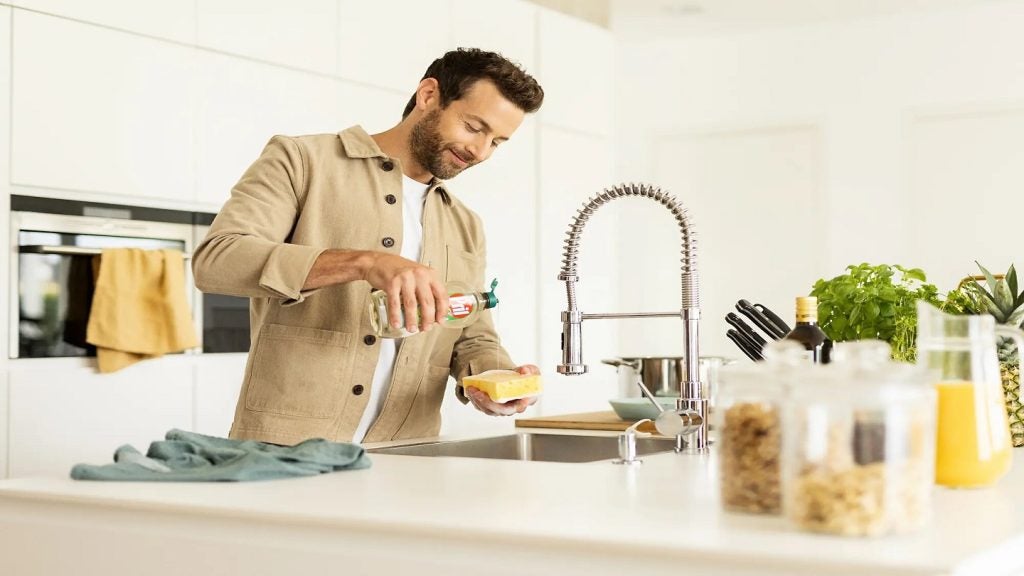
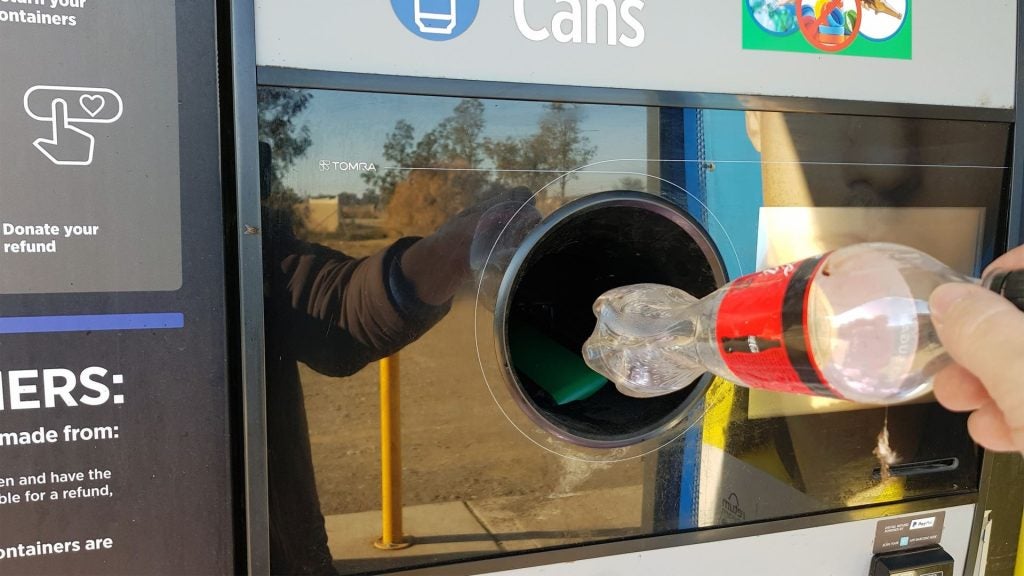
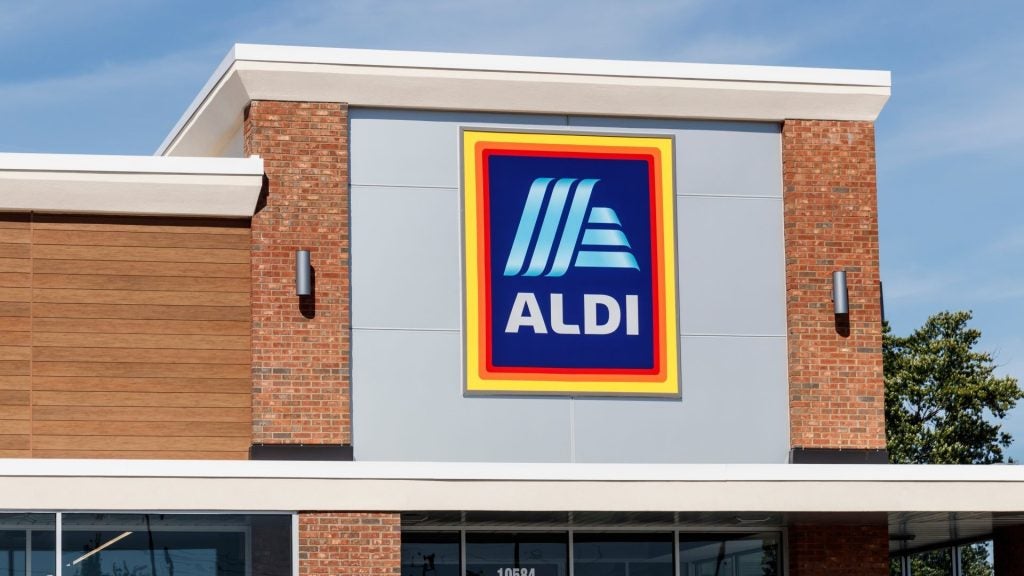
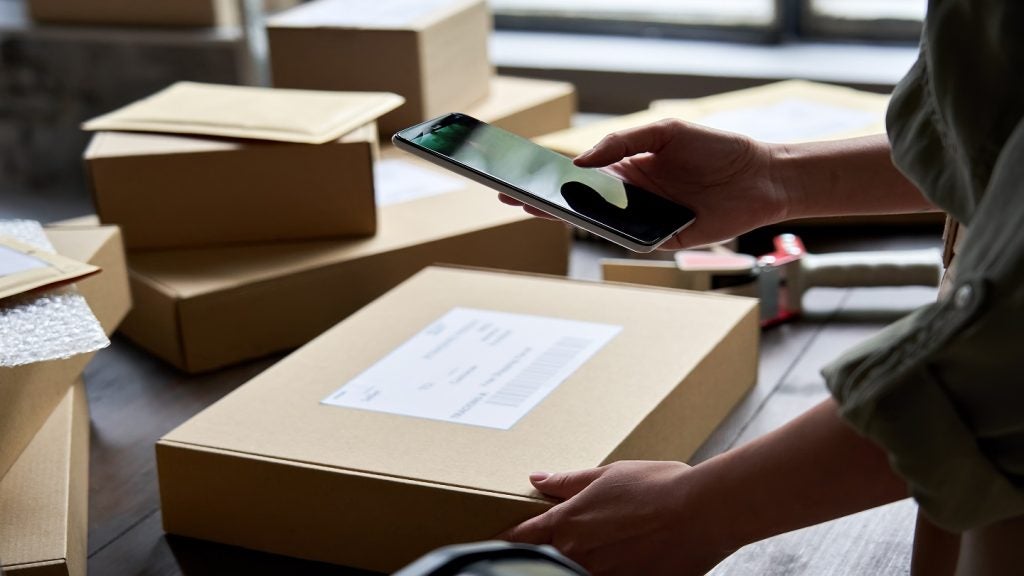

Related Company Profiles
Moro Corp
Coca-Cola GmbH
Nestlé